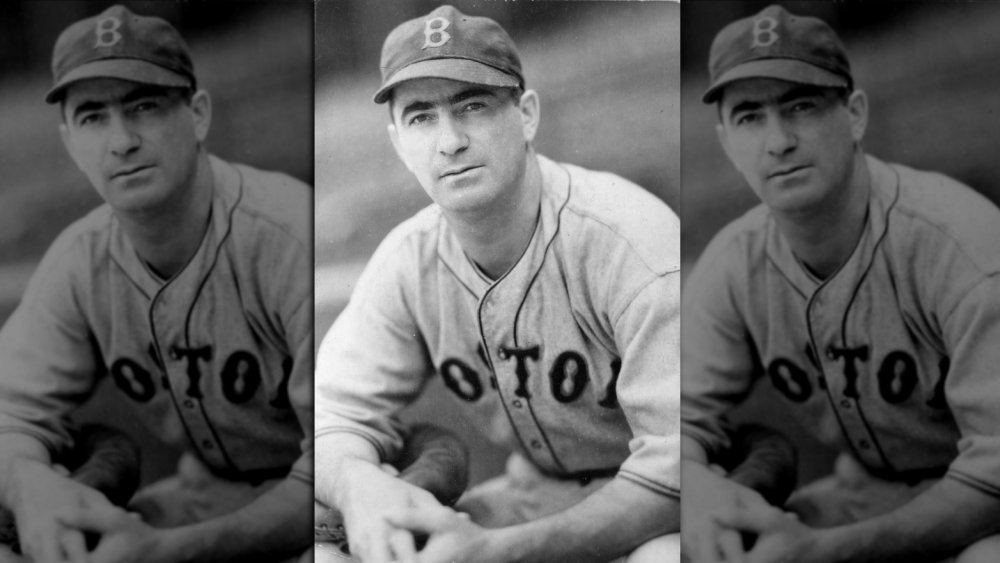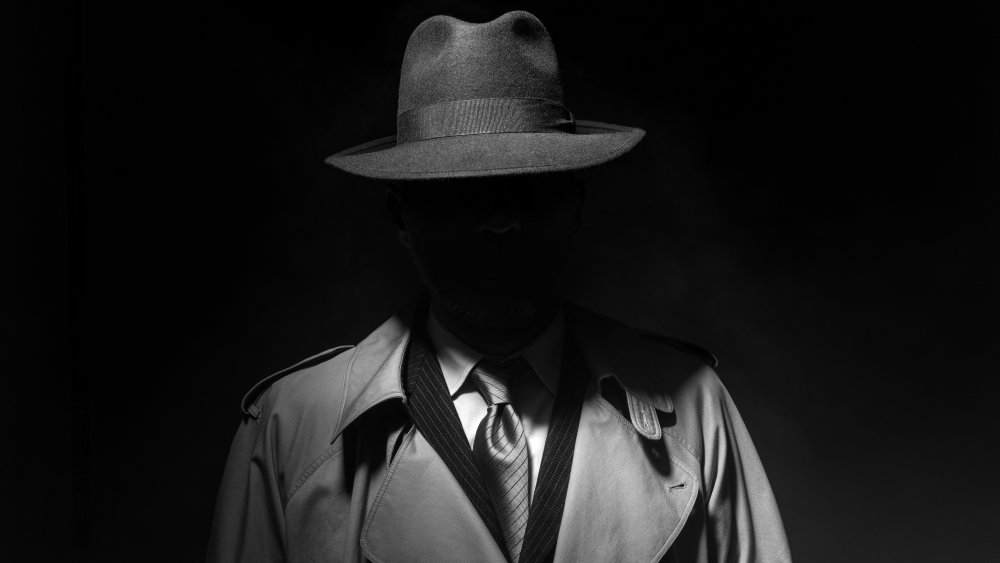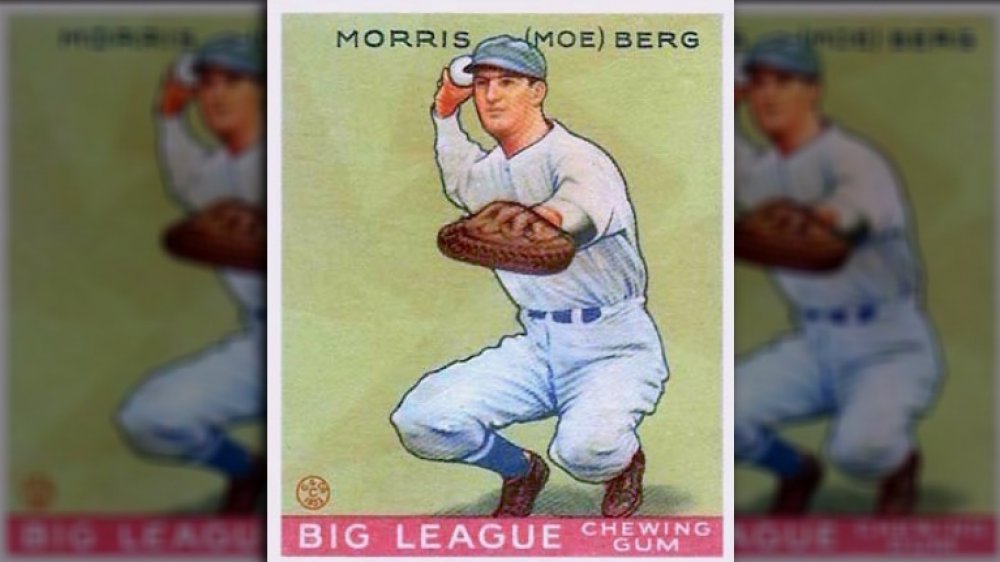The Baseball Pro Who Became A Spy
We may receive a commission on purchases made from links.
In 1934, the American All-Star baseball team included, among such legends as Lou Gehrig and Babe Ruth, a backup catcher named Moe Berg. According to ESPN Classic, Berg had a lifetime batting average of just .243. Baseball fans may have scratched their heads that year, but in hindsight, Berg's spot on the roster seems to make sense — just not baseball sense. That year, the traveling All-Star team was headed for Japan, and Berg, an impressive polyglot, spoke Japanese in addition to 11 other languages, including French, German, Spanish, Russian, Latin, and the dead language Sanskrit. He was known to speak the latter two exclusively on the field during his time at Princeton, where he graduated magna cum laude in modern languages. He would go on to study law at Columbia University and a slew of other subjects at the Sorbonne, in Paris. Biographer Nicholas Dawidoff wrote that "[b]ecause of his intellect, Moe Berg is considered the 'brainiest' man ever to have played the game."
So in addition to keeping the bench warm while in Japan, Berg used his Japanese and his indomitable charm to weasel his way to the roof of a Tokyo hospital with a camera hidden inside his kimono. Once atop the city's then-tallest building, he took photos of the industrial areas, the harbor, munitions factories, and other strategic locations, which he later gave to the U.S. government.
Berg 'officially' joined the espionage effort after leaving baseball
Although the footage he took atop that Tokyo hospital would go on to be used in U.S. bombing raids on the city during World War II, Berg always maintained that he didn't officially enter into espionage until 1942, after he retired from the game. He would end his career with an unimpressive set of stats: notching only 441 hits in 1,812 at-bats, and a measly six home runs and 206 RBIs.
According to the L.A. Times, his espionage career began in the Office of Inter-American Affairs, headed by Nelson Rockefeller. Berg gave a speech directed to Japanese citizens in their language, asking the country for peace. Also in 1942, he was sent to Latin America on an what was presented as a goodwill tour, but his real mission was to covertly collect data on various political leaders in the region to assess their willingness to join the U.S. war effort if needed.
Berg joined the Office of Strategic Services (OSS), the precursor of the CIA, in 1943, and the following year he was sent to Germany to spy on its atomic bomb capabilities. In Zurich he attended a lecture by the director of the Nazis' atomics research program, Werner Heisenberg, and was even given a gun to assassinate him if the moment arose. After listening to Heisenberg's lecture, however, he determined that the country was nowhere near close to creating an atomic bomb, and the assassination plot was called off.
Moe Berg wasn't the smoothest spy in the agency
According to PBS, despite being an expert linguist, he was kind of a careless spy. He was once identified by his OSS-issued watch when he forgot to take it off before starting a secret mission, and once dropped his gun into a passenger's lap on an airplane.
But Berg was notoriously blunder-free when it came to the ladies. Since he never married, Hollywood depictions of his life tend to add the dramatic element of hinting at his possible homosexuality, but documentary filmmaker Aviva Kempner told the L.A. Times that Berg had a reputation for being a playboy. He once came on to Babe Ruth's daughter while they were dancing. Berg was his smoothest at State Department Dinners. "He would come solo but not leave solo," said MLB historian John Thorn.
Berg died in 1972. His plans to write an autobiography fell through when the publisher confused him with Moe of the Three Stooges, so the exact nature of his work as a spy is either lost to history or classified. "Maybe I'm not in the Cooperstown Baseball Hall of Fame like so many of my baseball buddies," he's quoted in his official CIA biography, "but I'm happy I had the chance to play pro ball and am especially proud of my contributions to my country. Perhaps I couldn't hit like Babe Ruth, but I spoke more languages than he did."


